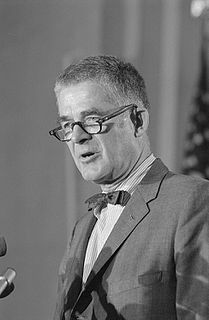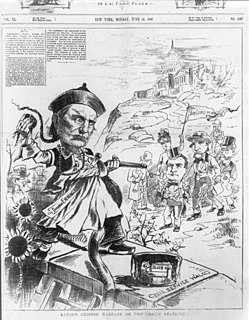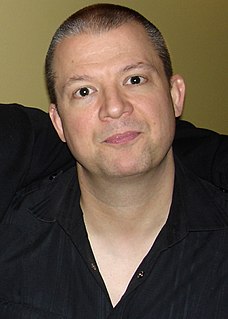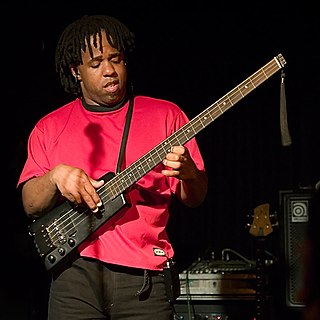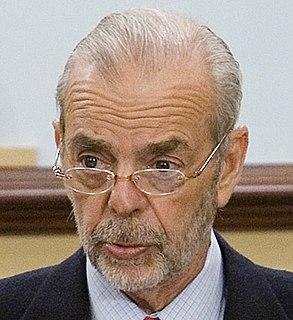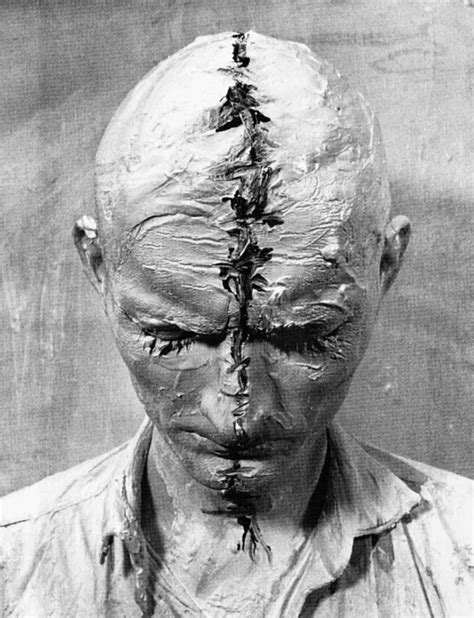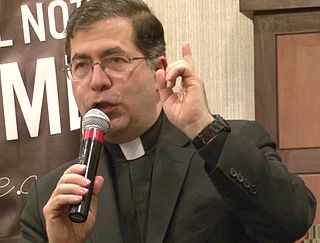A Quote by Mehmet Murat Ildan
If you want to create a high-society, you must give high things to the public! Show the public eagle; public will be an eagle! Show the public a rat, public will be a rat! Whatever you give to the public, public will take that! To create a high-society, you must give high things to the public!
Related Quotes
A free society depends upon a high degree of mutual trust. The public will not give that trust to officials who are not seen to be impartially dedicated to the general public interest, nor will they give trust to those high in government who violate the rule of law they ask citizens to obey at the expense of self-interest, or to those who present government as the place where one feathers his own nest, [or] exchanges favors with friends and former associates.
Public virtue cannot exist in a nation without private, and public virtue is the only foundation of republics. There must be a positive passion for the public good, the public interest, honour, power and glory, established in the minds of the people, or there can be no republican government, nor any real liberty: and this public passion must be superiour to all private passions.
A politician is not allowed to get too emotional in public, so what he does is drop subtle hints that, over time, cause the public to get emotional. Once the same emotions are generated by enough people, the politician can use it to steer the public in his desired direction. Fear is an emotion that is often used this way. A smart politician knows that if he can create fear in enough people, those people will give up what they truly want in order to give the politician what he says they need.
I think polling is the best way of gauging public opinion - doing something that's independent, that's quantitative, that doesn't give just the loud voices about how things are going; or doesn't give so called experts the notion that they know what public opinion is. I think that's what makes public opinion polling pretty important. Qualitative assessments of public opinion; going out and talking to people and understanding the nuance to what's behind the numbers. I think it's awfully important as well.


